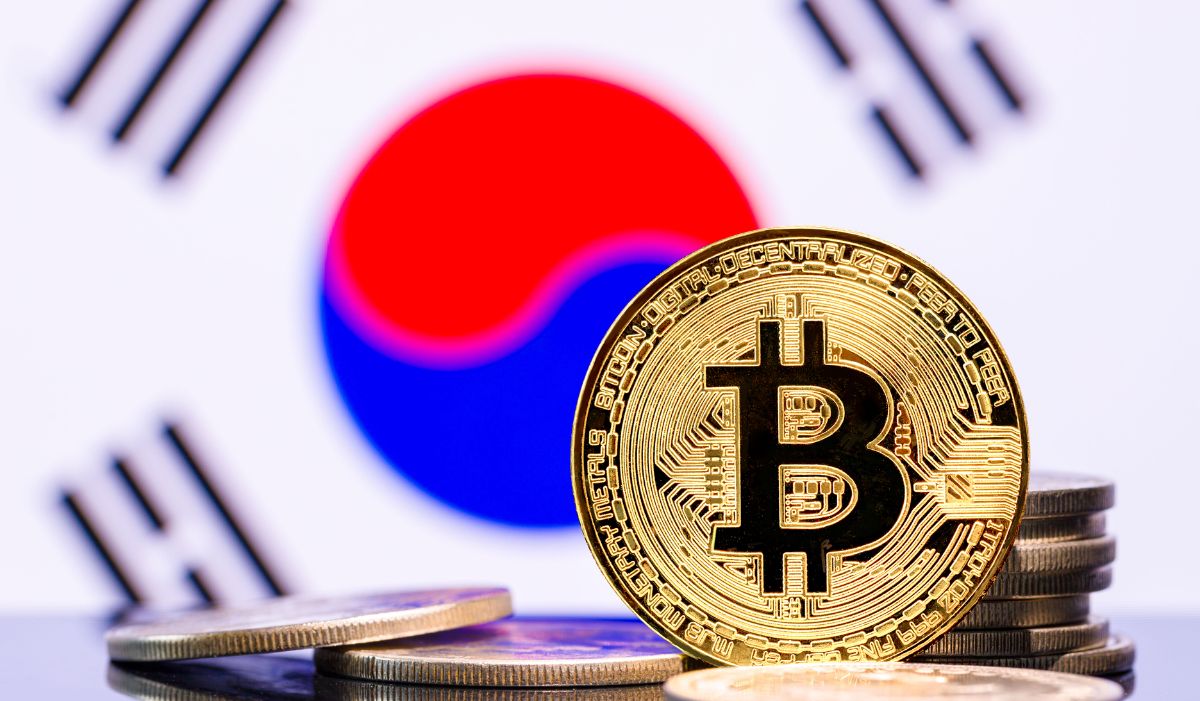South Korea Freezes Crypto Lending After Bithumb Liquidations Shake Market

South Korea has hit the brakes on new crypto lending services, citing mounting concerns over investor safety and excessive market leverage. The move follows a major liquidation event at domestic exchange Bithumb that left thousands of traders facing forced sell-offs.
The country’s Financial Services Commission (FSC) announced that new crypto lending products will remain on hold until it finalises its Virtual Asset Rental Service Guidelines. Regulators said the pause was necessary because “user protection devices remain insufficient” and warned of the potential for “damage to a healthy trading order” if leverage risks go unchecked.
The regulatory action was triggered after more than 27,000 Bithumb customers used lending services in June. When market prices turned against them, roughly 13% of those borrowers were liquidated. The episode underscored how quickly leverage can amplify risks for retail traders, prompting the FSC to act.
Industry participants, however, framed the suspension as a constructive step. “Directionally, it signals tighter oversight of leverage and retail risk rather than a permanent ban,” said Luke, co-founder of Layer-1 network Mitosis. Austin King, co-founder of Omni Network, added that the pause reflects the government’s recognition of “insufficient regulatory clarity” and its effort to establish clearer rules.
South Korea’s action comes as leverage across the crypto market surges to record highs. A recent Galaxy Digital report found that outstanding crypto-collateralised loans hit $44.25 billion in Q2, up nearly 30% from the previous quarter. On-chain lending grew 42% to $26.5 billion, while centralised platforms saw a 15% increase to $17.78 billion.
Bitfinex analysts noted that daily liquidations have averaged $350 million over the past month, with more than $3 billion in positions wiped out in August alone. Much of this has been driven by altcoin trades, which have seen a disproportionate rise in forced sell-offs compared to Bitcoin.
“This tracks a wider pattern,” Luke said, pointing to Europe’s MiCA framework and U.S. efforts to rein in crypto leverage as part of a global regulatory shift. Analysts warn that the current build-up of speculative positions has made markets more fragile, heightening the likelihood of liquidation cascades.
By moving swiftly, South Korea may set a precedent for how regulators address crypto lending and leverage. King described the pause as a regulatory warning that places “constraints on the maximum amount of leverage offered on derivative products” and offers a potential model for other jurisdictions to follow.
While not a ban, the suspension signals that policymakers are prioritising investor protection as leverage continues to swell—sending a strong message to markets that oversight is tightening worldwide.





